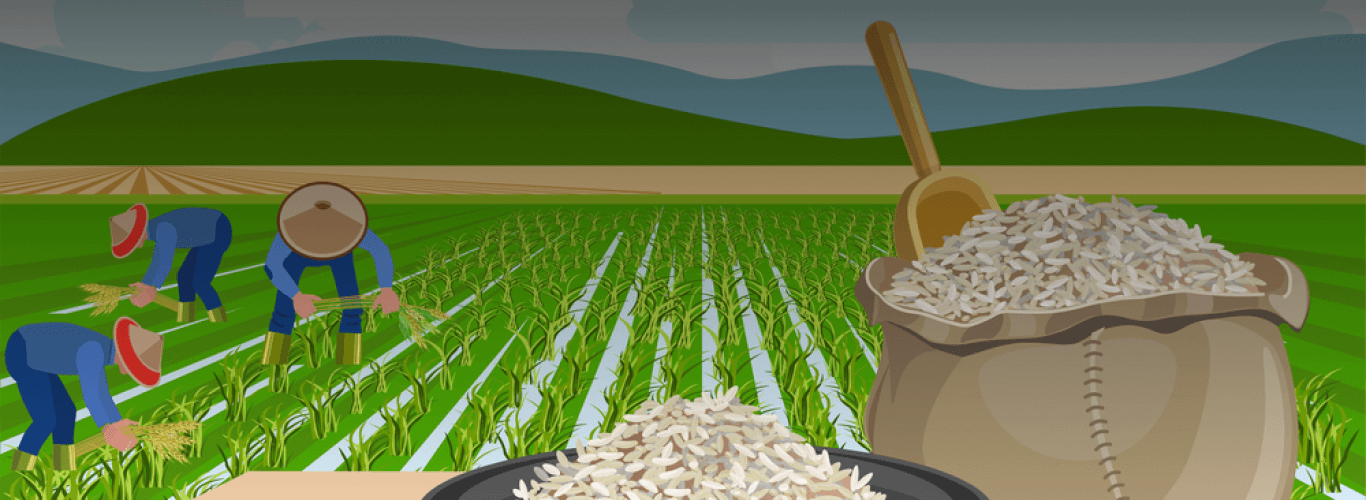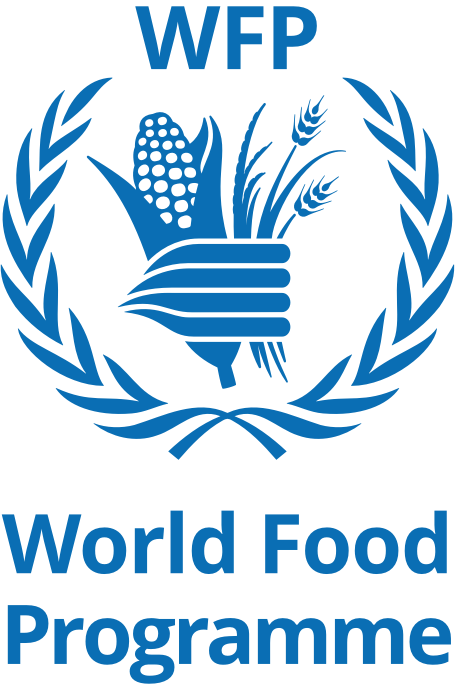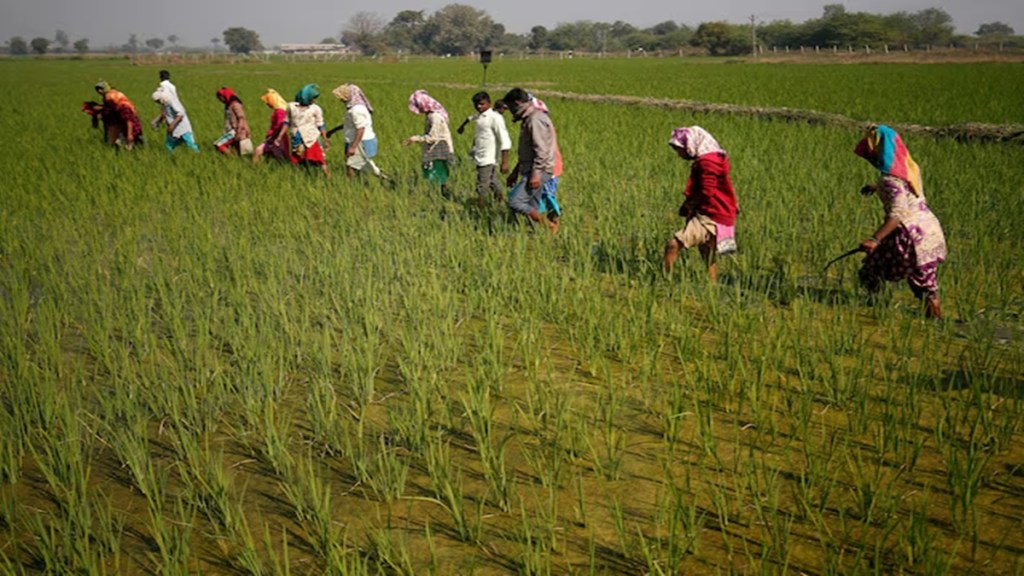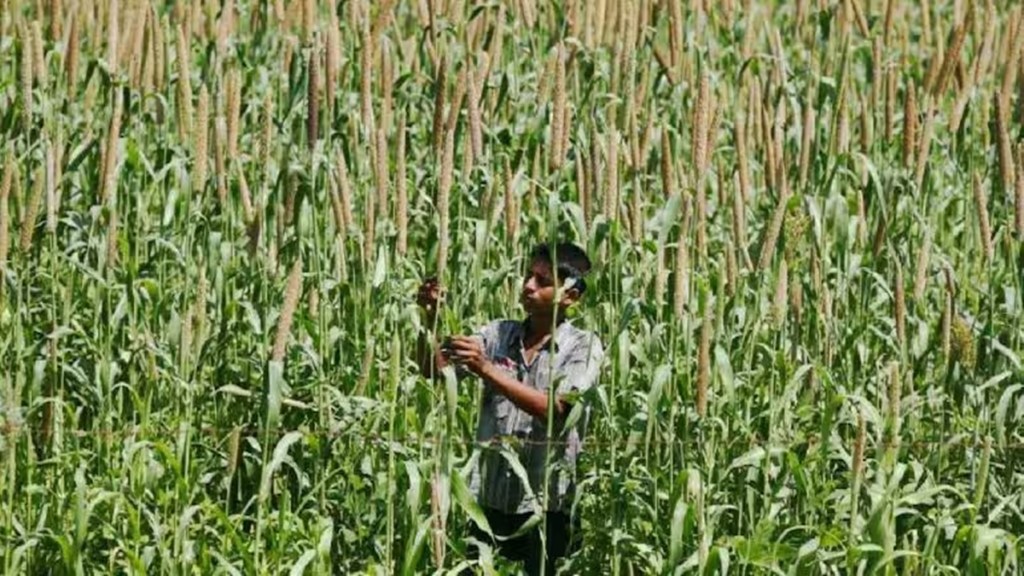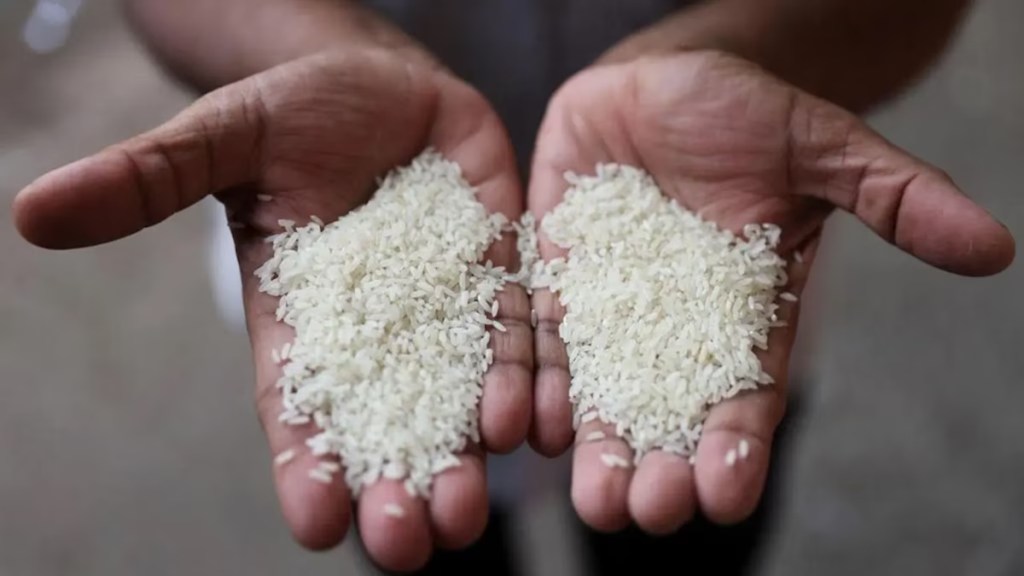Weekly Rice Market
(Indicative Quotes)
Basmati Rice
Basmati Rice | Indicative Quotes | Updated Weekly
Global Market | White Rice
White Rice | Indicative Quotes | Updated Weekly
| Origin | Type of Rice | Variety Name | Broken | Price | Change | High | Low |
|---|---|---|---|---|---|---|---|
| India | Milled White Rice | Long Grain | 5% | $383 | +1 | $496 | $380 |
| Pakistan | Milled White Rice | Long Grain | 5% | $391 | 0 | $640 | $381 |
| Pakistan | Milled White Rice | Long Grain | 5% | $590 | 0 | $613 | $488 |
| Thailand | Milled White Rice | Long Grain | 5% | $428 | +8 | $669 | $399 |
| Thailand | Milled White Rice | Long Grain | 5% | $596 | +8 | $659 | $469 |
| U.S | Milled White Rice | Long Grain | 4% | $677 | 0 | $818 | $677 |
| U.S | Milled White Rice | Long Grain | 4% | $798 | 0 | $798 | $708 |
| Vietnam | Milled White Rice | Long Grain | 5% | $399 | 0 | $657 | $396 |
| Vietnam | Milled White Rice | Long Grain | 5% | $579 | 0 | $667 | $445 |
News
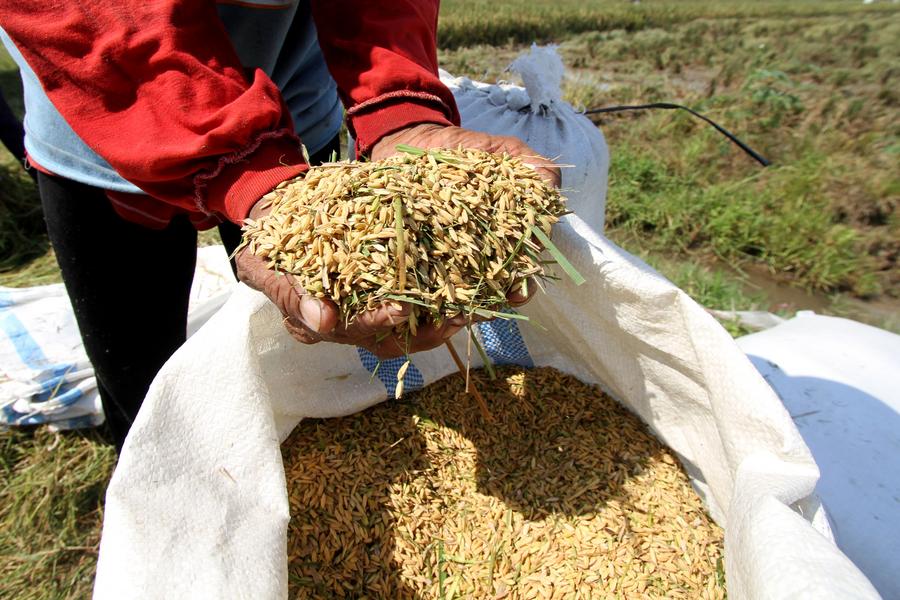
Indonesia’s ...
Source: Xinhua Editor: huaxia. JAKARTA, May 9 (Xinhua) — Indonesia’s rice production projection for 2025 has been revised to over 34 million tons, up from the initial
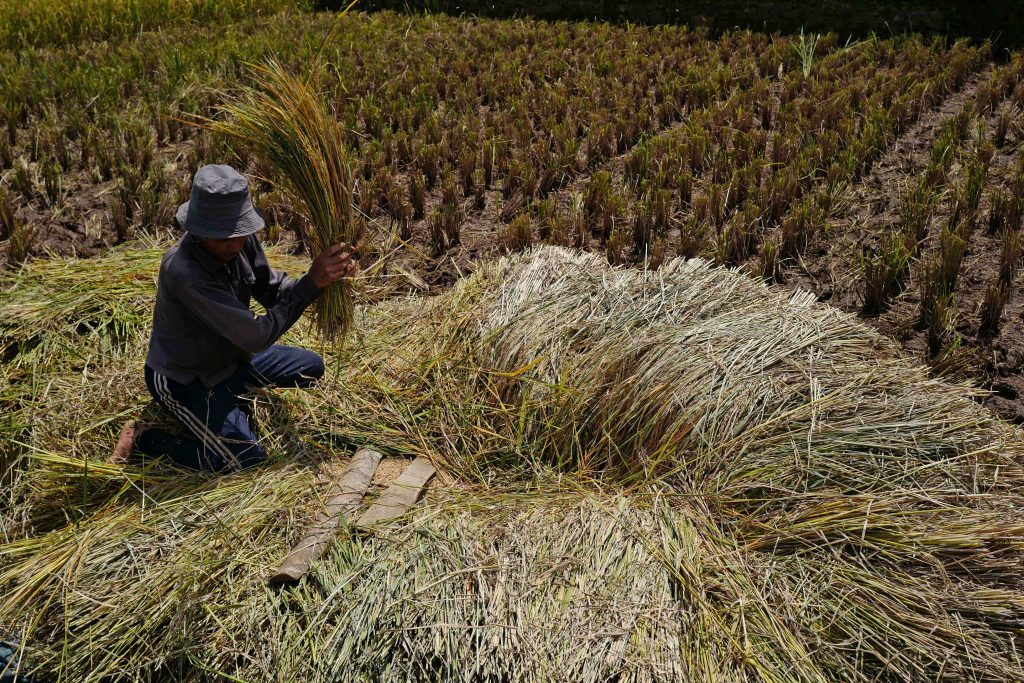
Indonesia seeks to...
INDONESIA is set to stop importing rice this year for the first time in decades, thanks to surging production and stockpiles in one of the world’s top growers of the staple
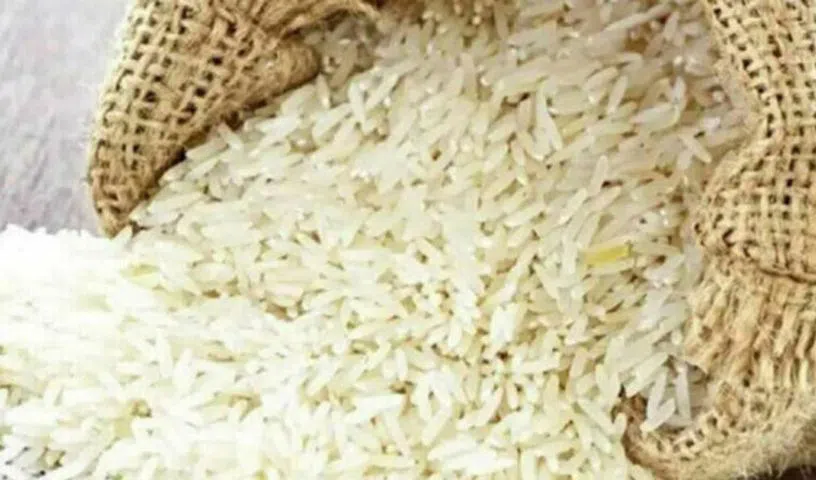
No impact of India...
All India Rice Exporters Association president Satish Goel said the recent increase in prices of the commodity was owing to higher demand and not due to the ongoing India-Pakistan
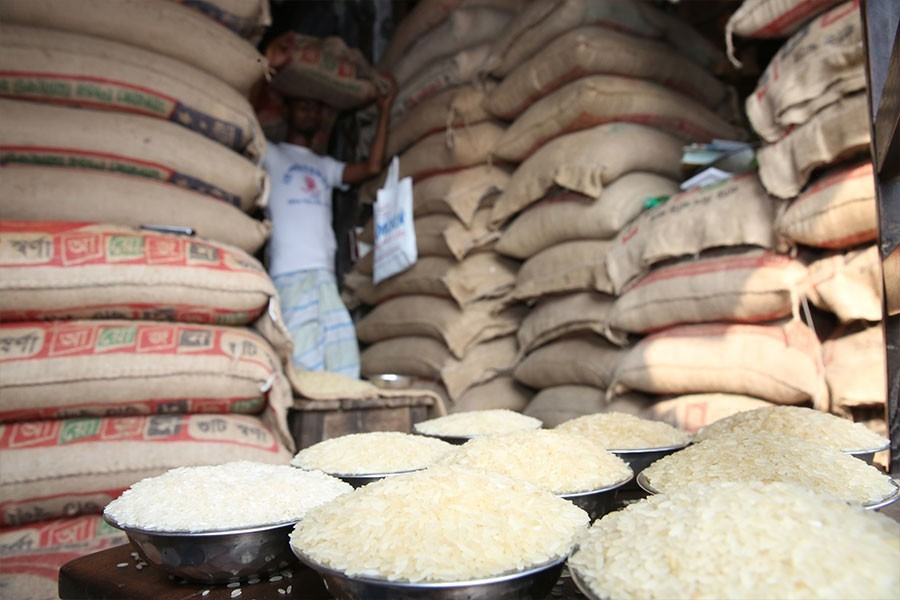
Rice imports up ov...
Jasim Uddin Haroon. Bangladesh’s rice imports soared further during the first nine months of the current fiscal year as the government scrambled to replenish food reserves
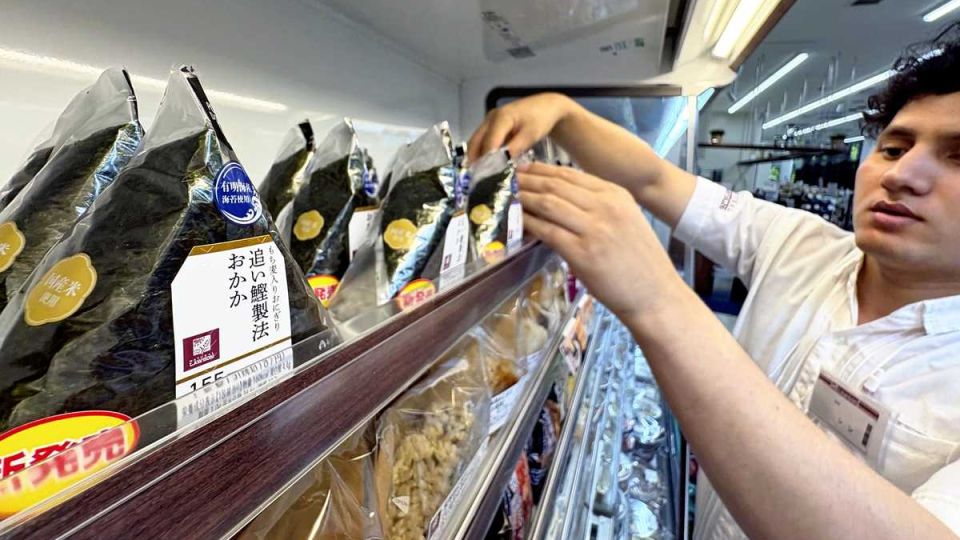
Japanese consumers...
Among the alternatives are adding glutinous barley to rice and switching from rice to bread and pasta. Kengo Tabe / The Japan News TOKYO – Soaring rice prices and increased

Basmati Rice Price...
09 April 2025, New Delhi: Basmati rice prices have surged by up to 10% over the past two weeks, halting a six-month decline. This increase comes as a result of

India–Pakistan Ten...
The increase was also driven by other factors, like changes in government’s rice export policy and weather patterns. Pallavi Nahata India-Pakistan tensions appear to be
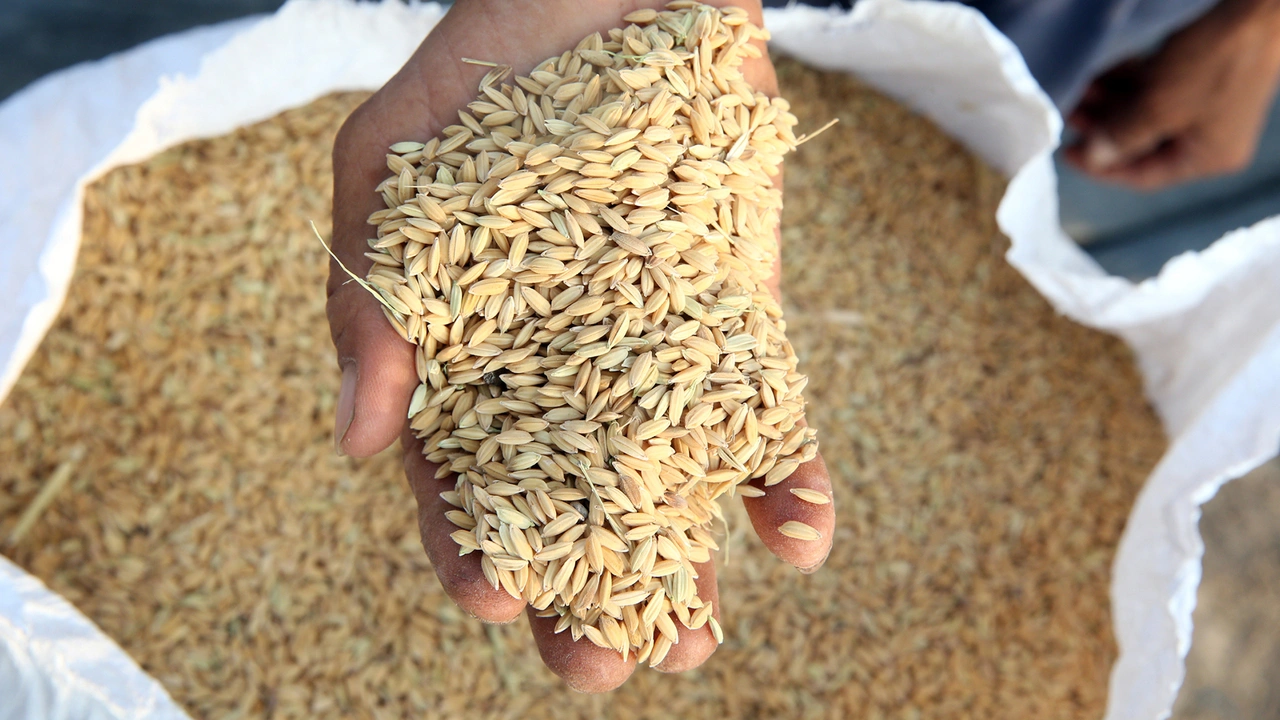
India to top world...
India set to surpass China as world’s largest rice producer, raising concerns over subsidized production. Forrest Laws After years of subsidizing its rice farmers by paying
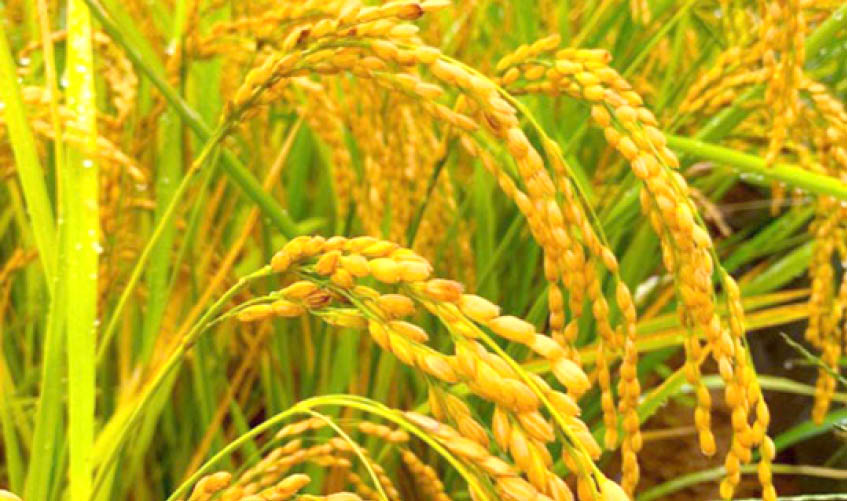
Japan To Publish R...
The Ministry of Agriculture aims to address rising rice prices by disclosing regional averages to improve distribution. The Ministry of Agriculture, Forestry and Fisheries has
Featured Registered Companies
Statistics
Sustainable Rice
Farmers Place
Forex Rates
Open Market Forex Rates
Updated at:
From | ||
|---|---|---|
To | ||
| Countries | Currency | Spot Rate |

Enjoyed the read?
Join our monthly newsletter for helpful tips on how to run your business smoothly





